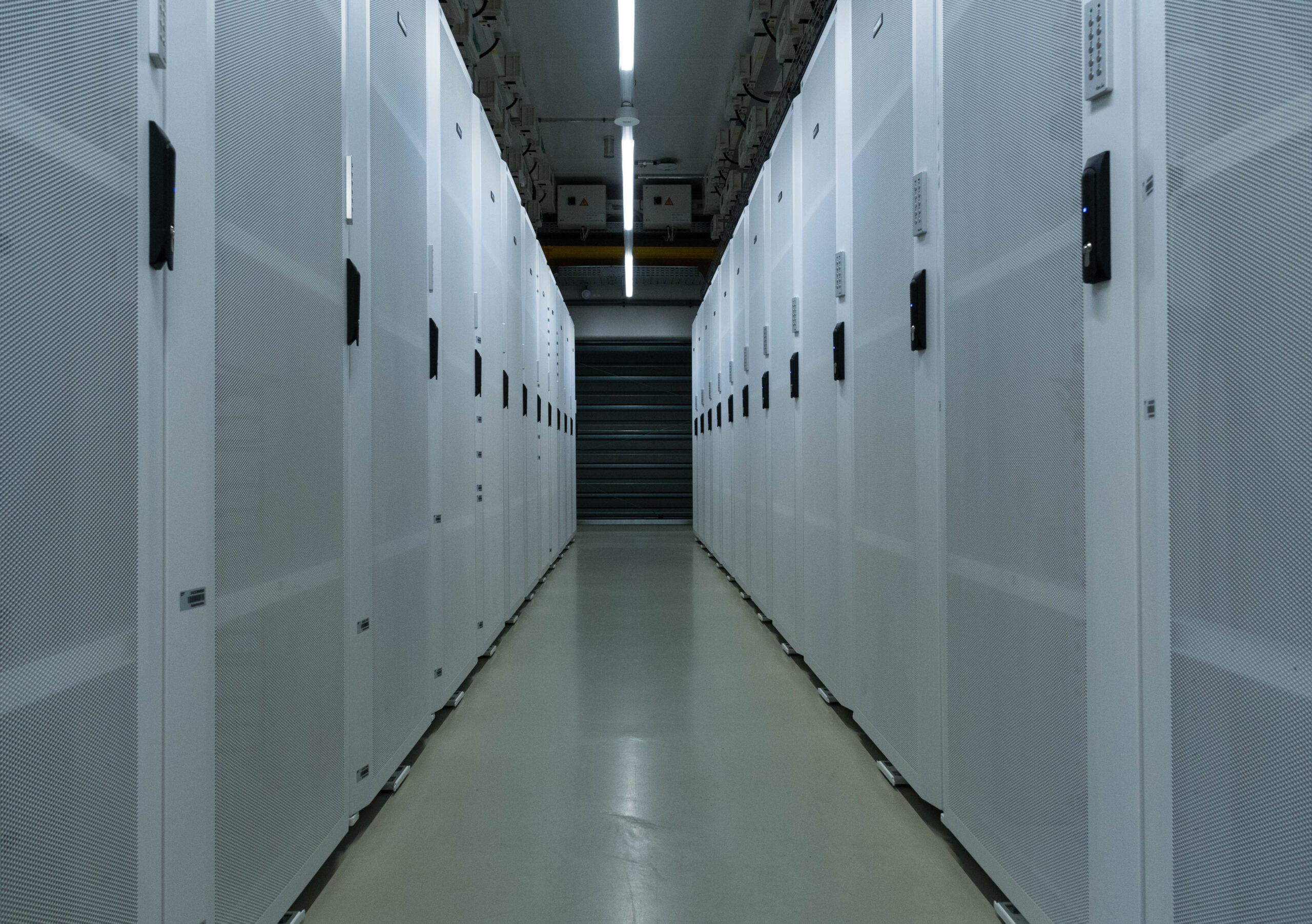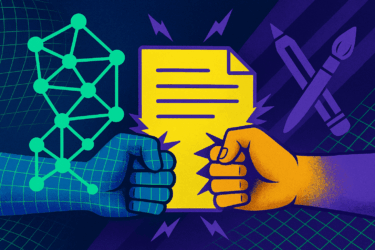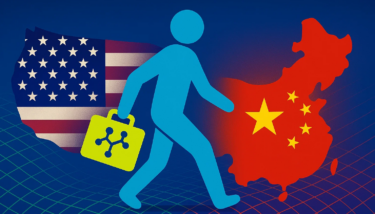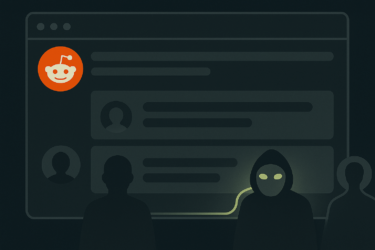German IT company SAP relies on Microsoft for generative AI, but does not want to become dependent on one provider.
SAP wants to integrate language models from Microsoft and OpenAI into its own SuccessFactors software. Specifically, SAP is talking about Microsoft 365 Copilot, Copilot in Viva Learning, and the Azure OpenAI service. SAP has a "huge database" to significantly expand the capabilities of large language models in many industries, according to the announcement.
SAP cites the skills shortage as an application area for generative AI, saying the new technologies could help companies improve the way they find, keep and train employees.
Specifically, generative AI is expected to help improve job postings and interviews and "close the gap between employees' individual career goals and the company's skills and training offerings."
Employees will be able to navigate Viva Learning's offerings through Microsoft Copilot using natural language. In addition, AI with "personalized analytics helps ensure employee motivation and satisfaction over the long term."
AI from Germany: SAP and Aleph Alpha as hopefuls
SAP is also working with German AI company Aleph Alpha to avoid being dependent on a single vendor. SAP wants to contribute "a lot" to the company's growth, said SAP CEO Christian Klein at the German OMR digital event.
But he cautioned that Aleph Alpha still needs to grow and that the startup will require further investment. The partnership with Microsoft - and, indirectly, OpenAI - is likely to give SAP access to more resources and AI technologies in less time. SAP is also working on its own AI models, Klein said, but for now, the focus is on speed and leveraging economies of scale.




